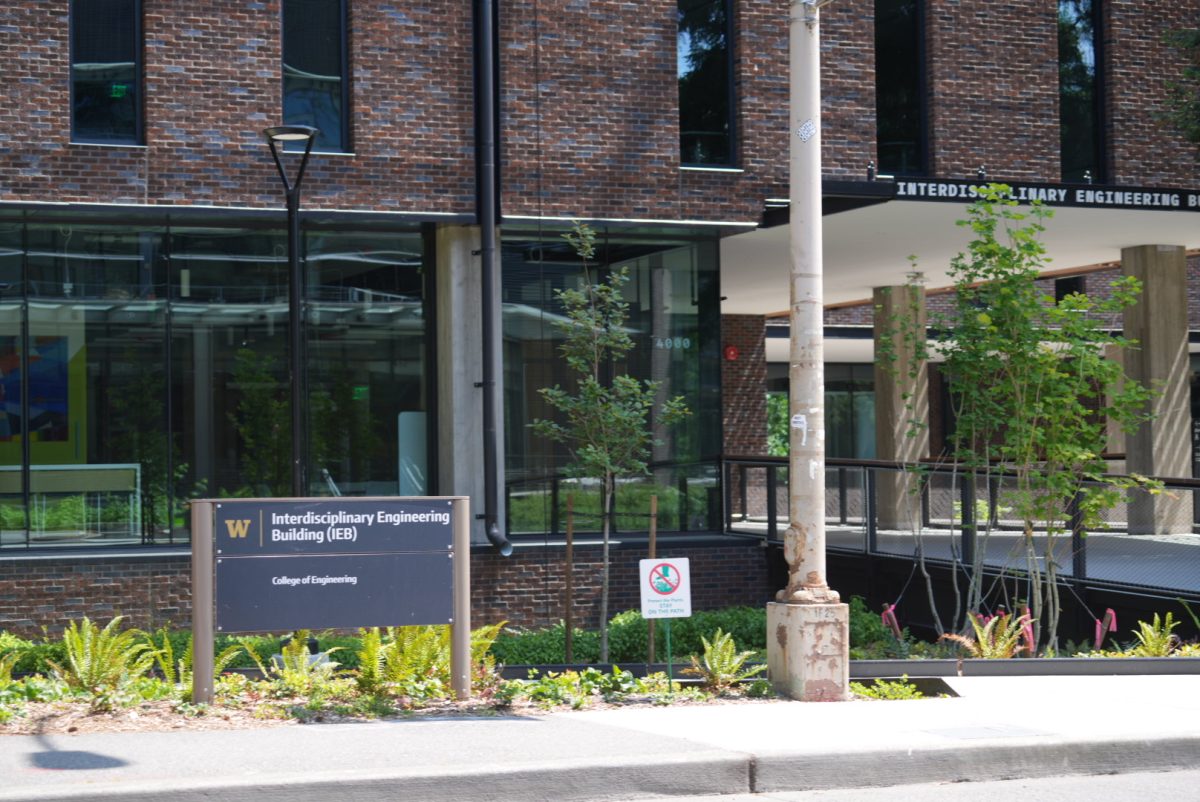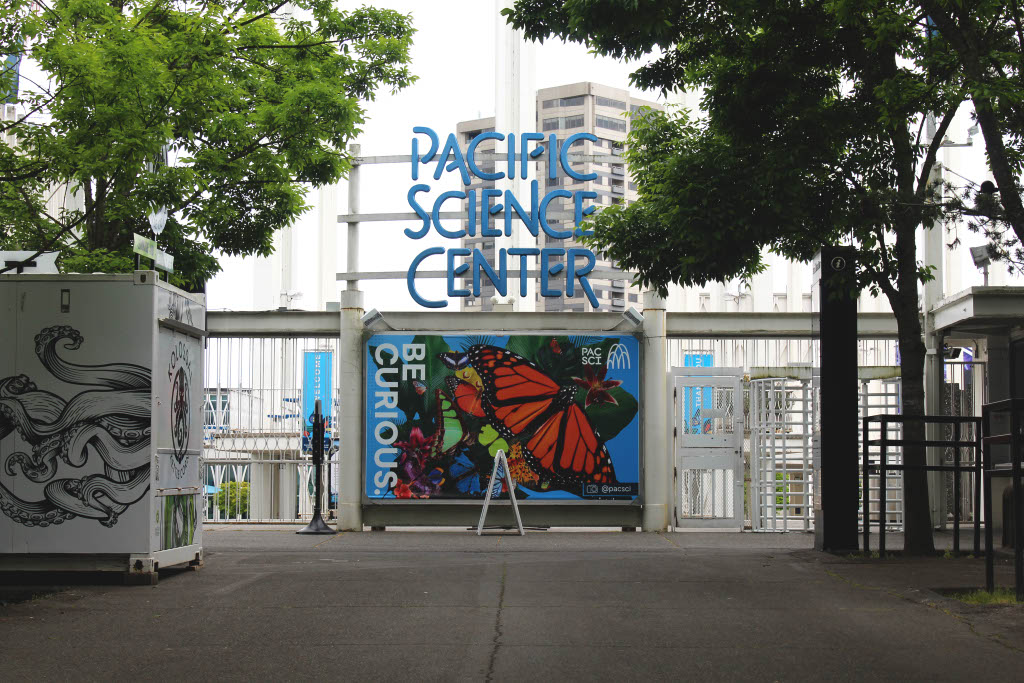It has been almost 40 years since scientists identified HIV as the cause of AIDS, and the biotechnology company Moderna announced on Jan. 27 that it has launched early-stage clinical trials of a vaccine to combat the disease. Currently, more than 1.2 million people are living with HIV in the U.S. and there are more than 35,000 new infections each year. Moderna has teamed up with the nonprofit International AIDS Vaccine Initiative and the Bill & Melinda Gates Foundation to develop the vaccine and a booster shot, which uses the same technology as Moderna’s COVID-19 vaccine. An eventual vaccine will likely involve multiple doses given over several weeks or years.
Current HIV medications can be taken to reduce viral loads to undetectable amounts so the virus cannot be transmitted, but they don’t eliminate the virus entirely. The vaccine, however, utilizes messenger RNA, which teaches the body’s cells how to make proteins that can neutralize the virus. Unfortunately, HIV evolves rapidly to generate new variants, which makes it difficult to target the virus with a vaccine. Researchers are therefore focusing on producing a vaccine that creates a broader spectrum of proteins that would target parts of the virus that are the same across different strains.
















